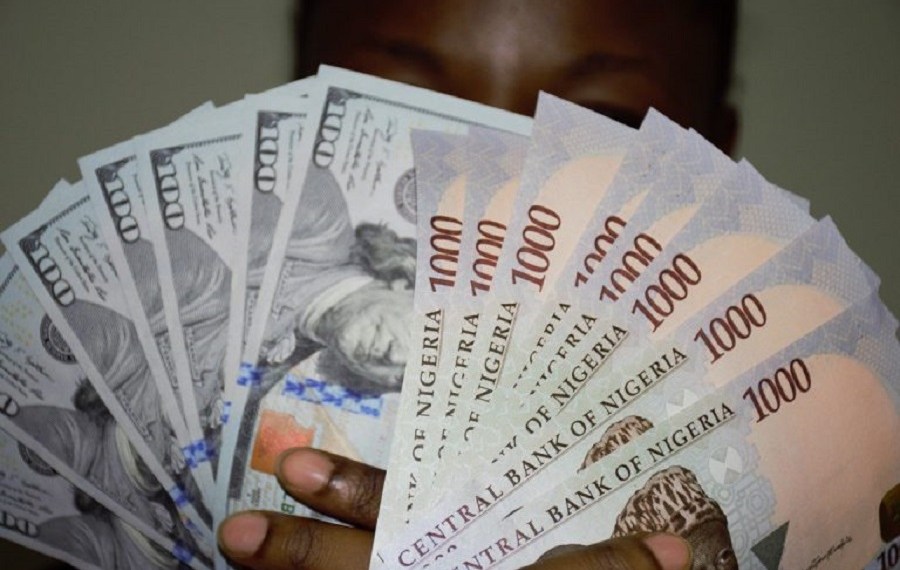
Aboki Naira To Dollar Black Market Rate Today 4th November 2024
In the bustling forex markets of Lagos, where the pulse of Nigeria’s informal exchange rates beats strongest, the Naira saw significant fluctuations against the US Dollar on Monday, November 4, 2024, as reported by various sources, including local traders and digital platforms tracking the black market rates.
Black Market Insights:
- According to insights gathered from local Bureau De Change (BDC) operators and platforms like Aboki Forex, the buying rate for the dollar was observed to be around N1710 to N1730 per dollar, with slight discrepancies depending on the source. The selling rate was marginally higher, with figures quoted from N1720 to N1740.
- Social media and financial tech social media platforms echoed these rates with some variations, showcasing the dynamic nature of the black market. For instance, @naira_rates reported a USD selling rate of ₦1,708.874, indicating a fluctuation throughout the day.
- The Central Bank of Nigeria (CBN) rates, which do not align directly with the black market due to various economic controls and policies, stood at a buying and selling rate of ₦1,670 per dollar, highlighting the significant gap between official and street exchange rates.
Market Sentiment:
The black market’s volatility reflects broader economic sentiments:
Trending Now!!:
- Inflation and Purchasing Power: With persistent inflation, the Naira’s value against major currencies like the Dollar continues to erode, making local goods more expensive for average Nigerians when priced in dollars.
- Policy Impact: The CBN’s efforts to manage the Naira’s devaluation through monetary policies have often led to a dual market reality where official rates differ starkly from street rates, fueling the black market.
- Economic Speculation: Traders and speculators often drive the rates, influenced by upcoming economic announcements, international oil prices, or even speculative behavior based on political events.
Global Context:
Globally, currencies are influenced by geopolitical stability, economic performance, and international trade dynamics. For Nigeria, oil prices play a crucial role due to its oil-dependent economy, affecting the Naira’s strength indirectly through revenue and foreign exchange reserves.
Local Impact:
For Nigerians, especially those involved in international trade or remittances, these rates directly impact their daily lives, affecting everything from import costs to the value of foreign earnings. The disparity between the official and black market rates also highlights ongoing challenges in Nigeria’s forex management and the broader economy’s informal sector’s resilience.
Conclusion:
The Naira’s journey against the Dollar in the black market on November 4, 2024, underscores the complex interplay of local economic policies, global market forces, and speculative behaviors. As Nigeria navigates its economic landscape, these rates will continue to be a focal point of discussion, reflecting the health and direction of one of Africa’s largest economies.


